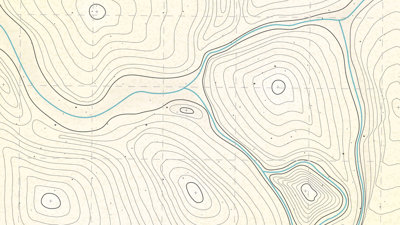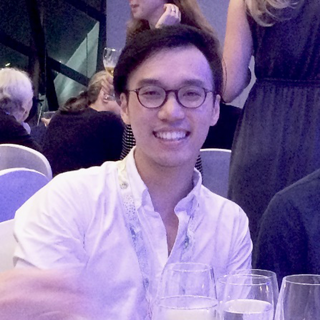How did you get to where you are now?
I am a research scientist by training. I started my research career as a brain scientist before completing my PhD in Developmental Biology and Genetics from UCL in December 2018, where I studied birth defects using a series of in vivo, in-vitro and genomics approaches.
With academia it can be difficult to know what you want to do next, so I explored other disciplines, most notably humanities in my free time. I remember reading my first ever history book The Ottoman Centuries: Rise and Fall of the Turkish Empire by Lord Kinross, noting how conflicts shaped modern Europe. This helped me discover my interest in conflict studies and international relations, so I started thinking about how to align this with my scientific background. I noted how technologies play critical roles in shaping foreign policy through reinforcing hard power via military upgrades and dual-use technologies. There is clearly a paradigm shift in foreign policy, and I think it is an important issue for any scientist to consider how we should promote innovation whilst closing the gap between policy and technology development.
This ultimately led me to apply to the Foreign and Commonwealth Office (FCO) internship programme to explore where science fits into international policy. I am in a fortunate position where I can merge my scientific expertise and interest to kick-start my career. I have not looked back since, and will start a new role in the FCO around November.
What do you do as part of your role?
I am currently Assistant Desk Officer for the Maghreb (Algeria, Tunisia, Morocco, Mauritania). I support policy delivery for the Maghreb Team and uphold UK-Maghreb bilateral relations. The policy desk serves as a link between our Embassies abroad, the Maghreb diplomatic representatives in London and the serving UK government in Westminster. Core duties involve shaping policy and diplomatic strategy in conjunction with our Embassies; drafting Ministerial updates, briefings, minutes, and answers to Parliamentary questions; and updating travel advice and crisis support. The job is exciting, fast paced, wide ranging and different every day. The most rewarding aspect of working in the FCO is being able to shape UK policy abroad first hand. Resilience is also key to effectiveness, navigating the intricacies and sensitivities of a political crisis one moment to responding to spontaneous requests for senior Minister briefings the next.
What skills and characteristics do you need for this role, apart from country knowledge?
Jumping from academia into a government environment is a completely different world. In academia, I was tasked to solve many scientific challenges on my own. However, in policy, it is always about team work. I would say having good interpersonal skills is crucial. The job I have now is far less technical than my previous role. The challenge is understanding who to consult and how to successfully coordinate a joint, comprehensive and evidence based response, knowing that submissions will be heavily scrutinised and could have significant implications for UK foreign relations.
How does science feature in your work /what difference does it make?
Clearly a lot less than it used to! But it’s more to do with the soft skills of identifying problems and solving them innovatively. I am leading on how we can use technologies to support our unit’s policy priorities. There are also instances where science crossed paths with policy. For example, my scientific background was heavily involved in supporting UK Education and Science priorities in Tunisia. Having an understanding of academia here definitely helps with this task! What I’ve also realised is compared with academic science, the sphere of influence is so much greater in a given space of time– whereas impact in research is stretched out in the long run.
What advice would you give someone wanting to go into this career?
Be passionate about your interests and always keep an open mind to what you learn – you’ll never know what will become relevant in the future!
* This interview was undertaken in 2019 and was correct at the time of publication. Please note that the featured individual may no longer be in role, but the profile has been kept for career pathway and informational purposes.

